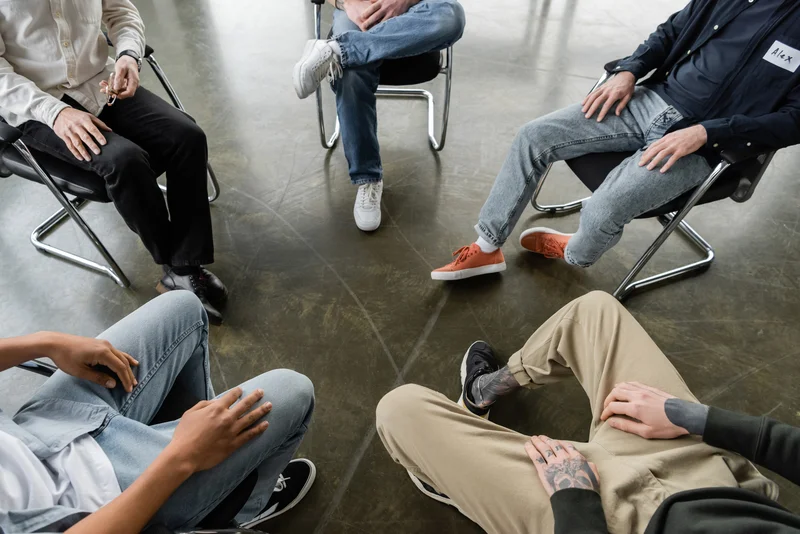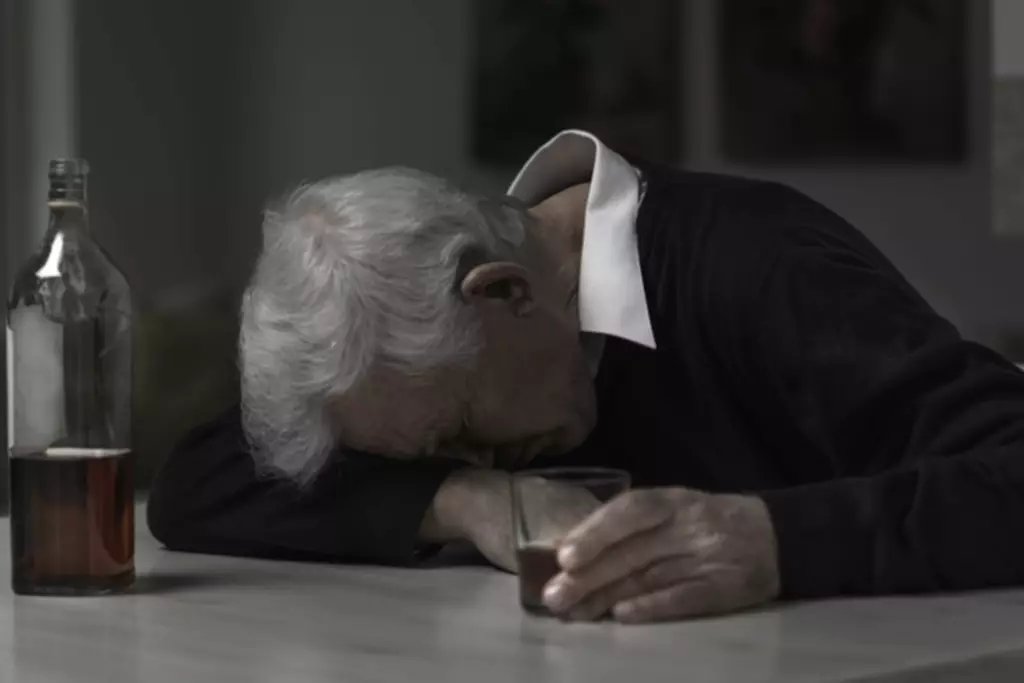Common Reasons For Relapse & How To Avoid It Gateway Help

You can begin by starting a journal to help you notice when you may be slipping into old habits that are counter-productive. Learning how to cope with your emotions as they surface without having to turn to substances is essential in your recovery. For instance, it isn’t a great idea to hang out with friends at a bar or around people who are using drugs. The places you used to use drugs or drink alcohol carry strong memories and may cause you to linger on thoughts of using again.
Common Types of Addiction Triggers

Most people encounter their https://ecosoberhouse.com/ first significant triggers within days of completing a structured program as they re-enter their normal environments. This rapid exposure explains why continuing care proves crucial for sustained recovery. During the first 90 days after treatment, vulnerability remains exceptionally high as recovery habits are still forming. Rather than becoming discouraged by early trigger experiences, view them as expected challenges that require your prepared responses. Creating a structured schedule for this transition period helps manage these initial triggers effectively. At 12 South Recovery, our discharge planning begins early in treatment, preparing clients specifically for the triggers they’ll likely encounter during those critical first weeks at home.
The Connection Between Trauma and Substance Use Disorder
- Recovery is a lifelong journey that demands resilience and proactive efforts to protect against high-risk situations and cultivate a healthier lifestyle.
- These environmental cues activate the brain’s reward pathways before conscious thought occurs.
- A relapse prevention plan is an essential tool in sustaining sobriety and avoiding setbacks in the recovery journey.
- This knowledge transforms recovery from a struggle against cravings into a strategic process of avoiding high-risk situations.
Our continuing care and alumni programs at 12 South Recovery help clients maintain appropriate recovery focus as they build successful sober lives. Physical discomfort, especially chronic pain, represents a significant relapse risk, particularly for those recovering from opioids, alcohol, or benzodiazepines that once masked these sensations. Medical procedures, injuries, or illness can revive powerful memories of substance-induced relief. Understand the five stages of addiction and learn how recognising them can help in your road to successful recovery. If recovery is your priority, then making sure you avoid becoming too hungry, angry, lonely, or tired will also need to become priorities. This may mean planning meals, sticking to a strict sleep schedule, and attending support groups.
What Are Triggers in Recovery?
Also, stay informed about addiction, relapse triggers, and recovery strategies. Together, these resources can empower individuals in recovery by identifying and addressing early warning signs of relapse. The stages of a relapse are emotional relapse, mental relapse, and physical relapse. Surround yourself with a strong support system of friends, family, and sober acquaintances. Additionally, join local recovery meetings to interact with peers in similar situations.
How can I manage stress and anxiety during my recovery?
If you can identify these stages, you will be able to recognize what is happening and potentially stop the progression of a relapse. While rehab programs aim to identify specific triggers in order to help you avoid them, it may be impossible to predict every trigger you’ll encounter. Nonetheless, there are several triggers that commonly lead to relapse for a variety of different people. This likelihood is compounded when there is a lack of support from family and friends, especially when one is surrounded by negative influences. Successful continued sobriety hinges on the availability and support of people who want you to stay sober.
- Experiencing these emotions is normal and an important aspect of recovery (and life) – but they are uncomfortable!
- Cultural background plays a significant role in shaping attitudes towards substance use and recovery.
- Perhaps there can be some form of relationship in the future, although it may not ever be the same.
The smell of alcohol or cigarettes at a bar may relapse triggers list trigger a craving for it. Seeing other people around you partake in substance use can also commonly trigger relapse, because it motivates you to join in. For these reasons, the best way to avoid this trigger is to limit your exposure to these situations.

Getting a new job or earning a promotion can trigger a relapse in a couple of different ways. For one, you might be tempted to use again “just this once” as a means of celebrating. Recovery is a journey with no end, yet some people begin to feel that they are cured and don’t have to worry about triggers anymore. It’s important to develop a healthy level of self-confidence, but humility is necessary too.

What Is an Addiction Trigger?
Detoxing and stopping the use of the abused substance is often step one toward recovery. Sustainable sobriety is about developing the skills to recognize and effectively manage triggers. Triggers are essentially external or internal Drug rehabilitation cues that lead to cravings and relapse.So, what should you know about addiction triggers?

The Best Treatment Centers offers same-day admission for those seeking help for substance use disorder. Addictive behaviors create a difficult-to-break cycle of shame that creates further shame unless explored in a way that allows learning to take place. If you are at a gathering where provocation arises because alcohol or other substances are available, leave. Cravings can intensify in settings where the substance is available and use is possible. • Unpleasant feelings including hunger, anger, loneliness, and fatigue. 3) Individuals feel they are not learning anything new at fellowship meetings such as Alcoholics Anonymous, Cocaine Anonymous and Narcotics Anonymous and begin to go less frequently.


